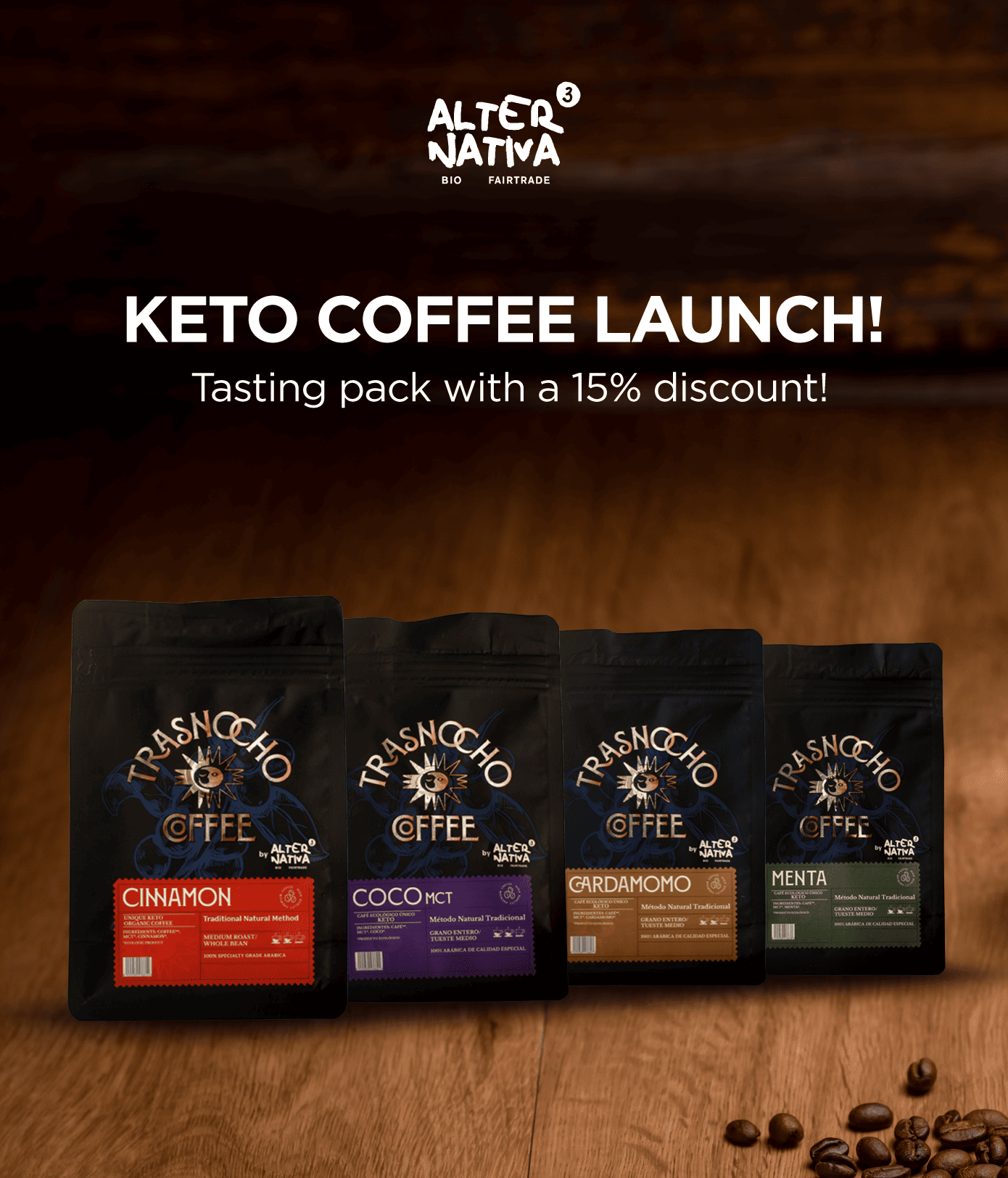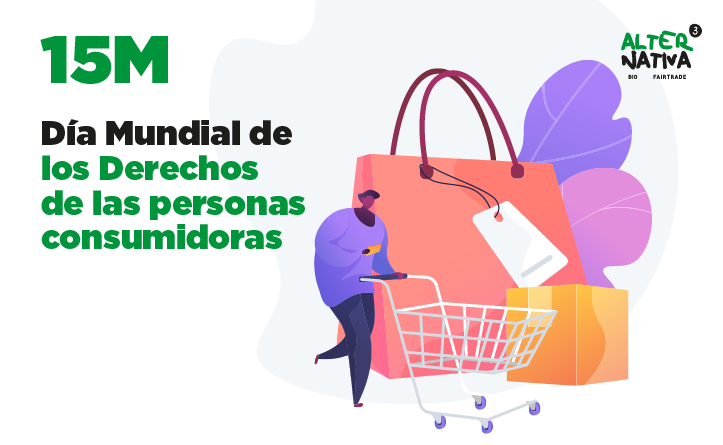On the occasion of the celebration of the World Consumers' Rights DayOn 15 March, Fair Trade organisations want to stress that transparency in the supply chain is fundamental to avoid subhuman working conditions, child labour exploitation or environmental degradation.
It should also be noted that the Fairtrade seals are currently the only guarantees that ensure compliance with human, labour and environmental rights in the manufacture of products.
Subhuman conditions
The accident in Tangiers on 8 February, in which 18 women and 8 men died in a clandestine textile workshop, has once again highlighted the subhuman conditions where many of the people who make the products we consume work.
In addition, a report by ILO, UNICEF, OECD and IOM concludes that a significant share of child labour, forced labour and human trafficking takes place in the first links of global supply chains, i.e. in agricultural and commodity extraction activities.
Findings that confirm the data on child labour: 7 out of 10 children that work worldwide do so in the agriculture. In the cocoa sector alone, more than 2.1 million children in Ghana and Côte d'Ivoire work in hazardous work.
The role of Fair Trade organisations in consumer rights
Faced with realities such as these, Fair Trade organisations remind the consuming public that their right to know the traceability of products and to demand transparency from companies about their manufacturing processes at home and abroad.
On the other hand, they recall that there are alternatives such as Fair Trade, which, through its seals of guarantee, ensures that products have been produced with respect for human, labour and environmental rights.
There are currently 5 Fairtrade certifications endorsed as such: Fairtrade, Small Producers' Symbol, Fair for life, Naturland and the World Fair Trade Organization label.
Consumption is a political act, by choosing Fair Trade products we become part of the solution to the problem of the poverty and inequality that conventional international trade generates.
- 15-03-21

